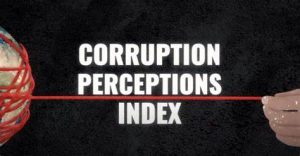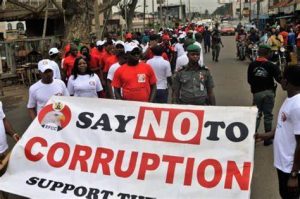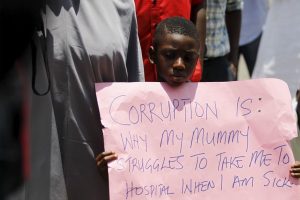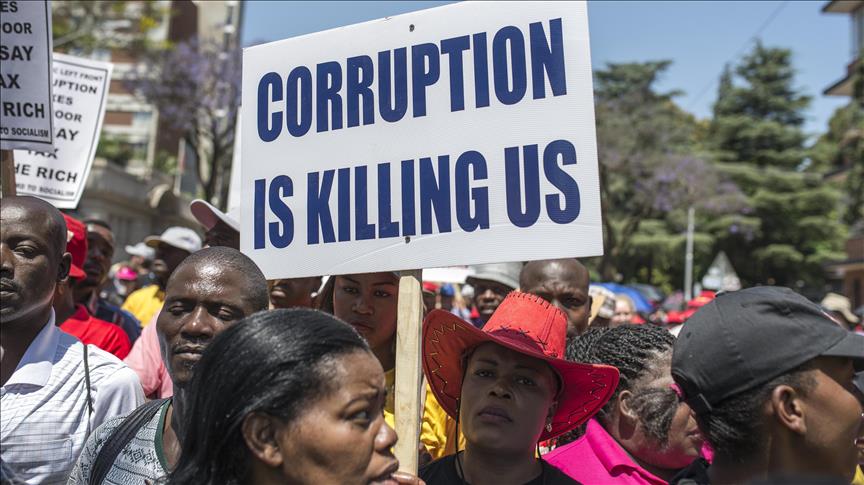- Have any questions?
- [email protected]
Corruption Perceptions Index: Revitalising Checks and Balances for Good Governance in Nigeria

Nigeria’s Corruption Perception Index Rating (2013 – 2021)
31 January 2022
Analysis on Voters’ Turnout for Presidential Elections (1999 – 2019)
3 February 2022In a disturbingly prevalent pattern, Nigeria again regresses in the league of nations of the world.
As though responding to gravity, the country’s grading in the 2021 Corruption Perceptions Index (CPI) assessment plummeted for the second consecutive year. This time around, Nigeria dropped to 24 from 25 points, having declined from 26 to 25 the year before in the 100-point grading of levels of corruption in countries around the world by the Transparency International. With shameful pride, Nigeria retained its 149th position out of 180 countries surveyed, holding onto its place as the second most corrupt country in West Africa.

Apparently, the CPI ranking depicts that Nigeria is relapsing in the fight against corruption, and things are quickly getting out of hand. Despite several policies and agencies put in place to tackle corrupt practices in every aspect of the polity, the result has been far from impressive, as only few corruption offences have been prosecuted and fewer prevented. Thus, this begs the question of whether there is ever going to be a veritable panacea to the problem at the heart of the country. To deal with this debacle, it is high time transparency and accountability are engendered right from within the political system by the political elites through the principle of checks and balances to reinforce the external anti-corruption efforts.

Given the fundamental importance of checks and balances in tripartite governments, as each branch is empowered by the constitution to ensure no other branch controls too much power, transparency and accountability can be enforced in a triadic reciprocal with each branch performing it duty of holding the other two responsible to the people. It is when the executive, legislative, and judiciary arms of government are intentional in carrying out their constitutional mandate that any semblance of transparency and accountability can be achieved.
By keeping one another on their toes, corruption will be gradually checked from within and outside the Nigerian government, and in extension in the whole country. In this way, instances of the Nigerian National Assembly (NASS) only asking critical questions just to save face after media reports, such as in the case of the 178, 459 missing police arms being discussed NASS more than five months after the Auditor-General’s report, can become a thing of the past.

Yet, all this remains a pipe dream without the necessary antecedents in the form of balance of political forces and adherence of political and economic elites to an upright conduct. Thus, to actually curb corruption in Nigeria, all hands must be on deck; the governed need to actively demand for accountability and transparency from the government, and the three arms of the government should in turn use their constitutionally endowed power to appropriately entrench transparency, accountability and resultantly good governance rather than perpetuating political gimmickry. Without intentional efforts on the part of the political elites to hold one another responsible for the good of the country, checks and balances in Nigeria would only remain unchecks and imbalances.

